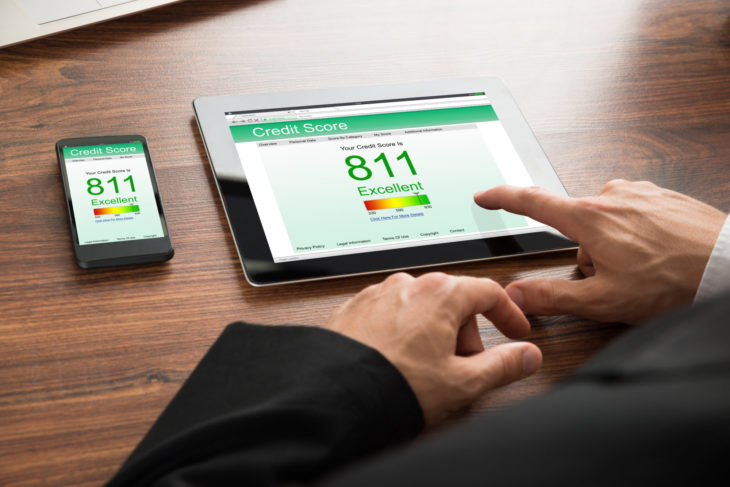Borrowing money is a stressful thing many of us have to go through eventually. We usually need loans in order to buy a home, pay for our education, or pay off our debts. There are also loan options for small businesses who need to cover their working capital, equipment, real estate, and similar. The point is that there are numerous options on the market and you need to know exactly what it is you’re looking for.
Types of loans

Source: Shutterstock
1. Consumer loans

Source: News Anyway
• Mortgages
• Student loans
• Personal loans
• Auto Loans
Usually, consumer loans are given as installment loans which means they are given to you by the lender in one lump sum and you’re required to pay it back through monthly payments. On the other hand, these installment loans can be secured or unsecured. While secured loans are backed by collateral (you need to provide something as collateral in order to get the loan), unsecured are given without the collateral. As the lender will find it difficult to recoup the losses if they gave you an unsecured loan, you can expect to get less money with an unsecured loan than you would get with a secured one. However, the majority of larger loans are secured.
2. Small business loans

Source: Small business loans
Small business loans also come in different forms. Small businesses need help to pay for things such as real estate or new equipment, and loans can help them grow while they’re starting the business. Visit this page if you’re interested in getting an equipment loan.
There are two main types of credit scores: FICO and VantageScore, while you can find some industry-specific scores as well and if you want to learn more about it, click here.
Credit Score

Source: babboomers
Before giving you a loan, creditors will check your credit history in order to decide whether or not they will lend you money. Your credit score will tell the lender how likely you are to pay off your debt to them. If your credit score is too low, the lender might decide it’s too risky to lend you money. In order to come prepared, you need to be aware of your FICO score.
If your credit is bad, you’re either not going to get a loan, or you’ll be required to pay more for it. It’s the harsh truth. However, there are ways you can improve your credit before taking out a loan. You should stay on top of your payments in order to show lenders that you’re being a responsible adult. Also, you can leave your old debts on your report. Many are eager to get rid of any traces of previous debts, but if they were paid off in time and in full, they might help your credit score.

Source: Pexels
There are also credit-builder loans that are designed for people with bad credit. They don’t require you to have a good credit score in order to get a loan, but you do need to have a high enough income for the monthly payments. In this case, it’s crucial for you to look for the loans with a payment level you can actually afford. Also, you should make sure to make your payments on time, every time as that will improve your credit significantly.
Building your credit score and looking for the right loan is a laborious task, but it can be less stressful if you go into it mentally prepared and patient. Establishing good habits takes time but they will help you out a lot and will be reflected in your credit score.
